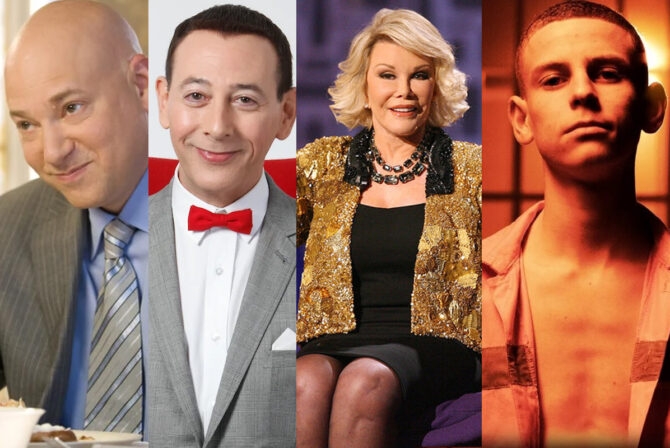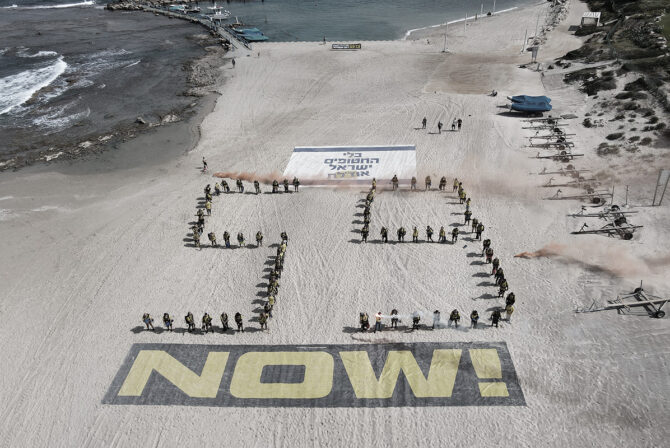Well. This is going to be awkward.
That was my first thought when all the prospective parents gathered in the synagogue space during my middle daughter’s visit to kindergarten for next year. We got the spiel (I’d heard it before, as had many in the room), and then we introduced ourselves. Casually. Conversationally. As though this were just any day in American history, and we were just any group of people.
It was not any day in American history. We were not just any group of people. This was Friday. This was Holocaust Remembrance Day. This was the day that the president signed a number of executive orders banning refugees, severely limiting the rights of permanent residents, and targeting Muslims from specific countries (but not those with which he has business ties). This was the day that the White House released a statement commemorating the Holocaust that did not mention Jews. And this was a group of Jews. Who (should) know better than anyone what it means to turn people away at the border. Who (should) race to the front of the line to protect the stranger (ger), the orphan (yatom), the widow (almanah).
I couldn’t be casual. I couldn’t be conversational. I couldn’t act like this was any other day, and we were any group of people. I couldn’t introduce myself and say nothing about the blatant violation of human rights and the rising tide of fascism happening around us. Because, partly, of the votes of some of the people in that very synagogue. So it was going to be awkward when it came to my turn.
And it was. I introduced myself, made a point of being a foreigner and non-citizen, and said that I hoped my kids would be in the school next year, assuming we are still allowed in the country when we leave. Some people laughed (awkwardly). Some people murmured in support. And some just looked uncomfortable. Maybe they don’t actually want my kids in the school next year. Maybe they don’t want me in their country. Maybe they do. I’m white, Canadian, Jewish. I’m not, at the moment, at risk. But others are at risk. Others are being turned away.
It stayed awkward. I couldn’t, of course, let it rest. Everyone whom I chatted with, from old friends to complete strangers, was subjected to my agitated barrage about all the injustices of the day, the week, this presidency. And honestly, though a lot of decisions I’ve made in the past little while have been political, this wasn’t, not exactly. It was that I just couldn’t understand how we were talking about anything else at all. I couldn’t, really, understand why we were in that room, casually and conversationally hearing about the Jewish ethics and values the school would offer to our children, precisely at the moment that those values are being undermined on a national scale.
I couldn’t understand, except of course that I was there, too. I was in that room, too. And I realized something: This is how it happens. This is how fascism takes over. Not when we are marching or protesting or writing letters or lying or dying in the streets. It happens when we take our kids to school visits. It happens when we are making dinner. It happens when we are chatting casually and conversationally about Jewish values. It happens while we are watching.
I know that a lot of us aren’t just watching. It’s been astonishing, and moving, and inspiring to see this country come together to protest and protect. And I hope—with every core of my being—that it works. It had better; our futures depend on it. Our ethics and values and identity depend on it. Our lives may well depend on it.
The stakes have never in my lifetime been higher. That’s worth a little awkwardness.
Read More:
4 Things You Should Do When Your Friend Loses a Spouse
Sheryl Sandberg Admits She Got It Wrong with ‘Lean In’
My Jewishness Is Not Defined by My Faith in God, But This Instead







